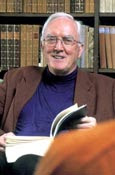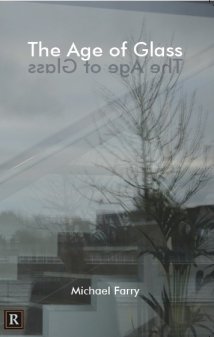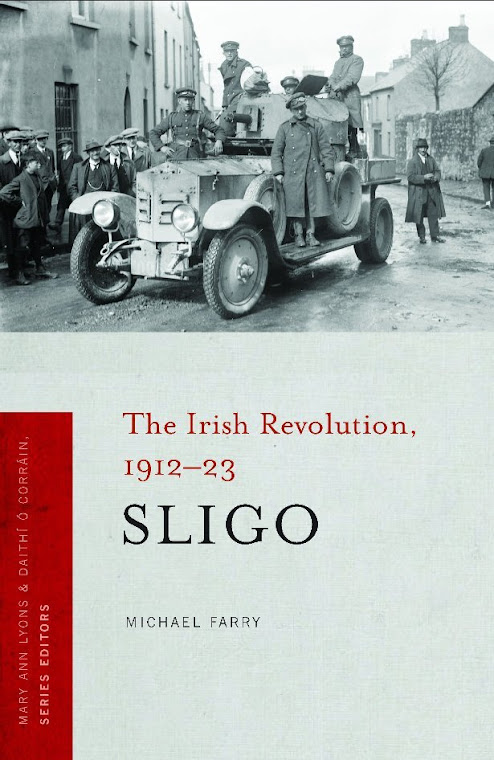 The opening lecture in this year's Yeats Summer School was by renowned Irish scholar, Professor Denis Donoghue (New York University), entitled Yeats: Trying to be Modern. A large crowd of students, Irish and foreign, were entranced by a master lecturer who ranged with ease over a range of texts, characters and poetic references with the odd swipe at a critic or poet thrown in.
The opening lecture in this year's Yeats Summer School was by renowned Irish scholar, Professor Denis Donoghue (New York University), entitled Yeats: Trying to be Modern. A large crowd of students, Irish and foreign, were entranced by a master lecturer who ranged with ease over a range of texts, characters and poetic references with the odd swipe at a critic or poet thrown in.It's impossible to give a summary of the talk so I won't but the basic question considered was Is Yeats a modernist poet? and Donoghue's answer was that while Yeats is a great modern poet he is not a modernist in the strict sense of that word.
He traced the poet's move from the symbolism and the refusal to acknowledge common life of his early work to the letting in of the bad outside world which started around 1903 with In The Seven Woods collection.
He spoke a lot of Yeats' editorship of The Oxford Book of Modern Verse and its wonderful introduction - Then in 1900 everybody got down off his stilts; henceforth nobody drank absinthe with his black coffee; nobody went mad; nobody committed suicide; nobody joined the Catholic church; or if they did I have forgotten.
In this introduction Yeats spoke of that cult of sincerity, that refusal to multiply personality which is characteristic of our time. Yeats himself didn't value sincerity in poetry very highly according to Donoghue and delighted in expressing different viewpoints and attitudes sometimes in the same poem.
Famously Yeats opens the Oxford Book of Modern Verse with a prose piece by critic Walter Pater rearranged by Yeats as free verse. (So what is poetry?). See it here.
Donoghue analysed Yeats' use of the word modern, ranging from a term of abuse - this filthy modern tide - to a neutral term - in the best modern way. And much more!
Denis Donoghue has written on Jonathan Swift as well as on Yeats and a range of American poets.







1 comment:
Dear Michael: Thank-you for this reference. At this time I am writing A-Poem-A-Day on Emily Dickinson and I wanted to take note of her contemporaries which may have had an influence on her writing. Did Yeats know of Emily? Or other Transcendentalists? Where would I find this connection? Were poems widespread during this era? Amazing bit of history! Thank-you Michael! Sounds like a wonderful lecture for summer school btw! jj
Post a Comment